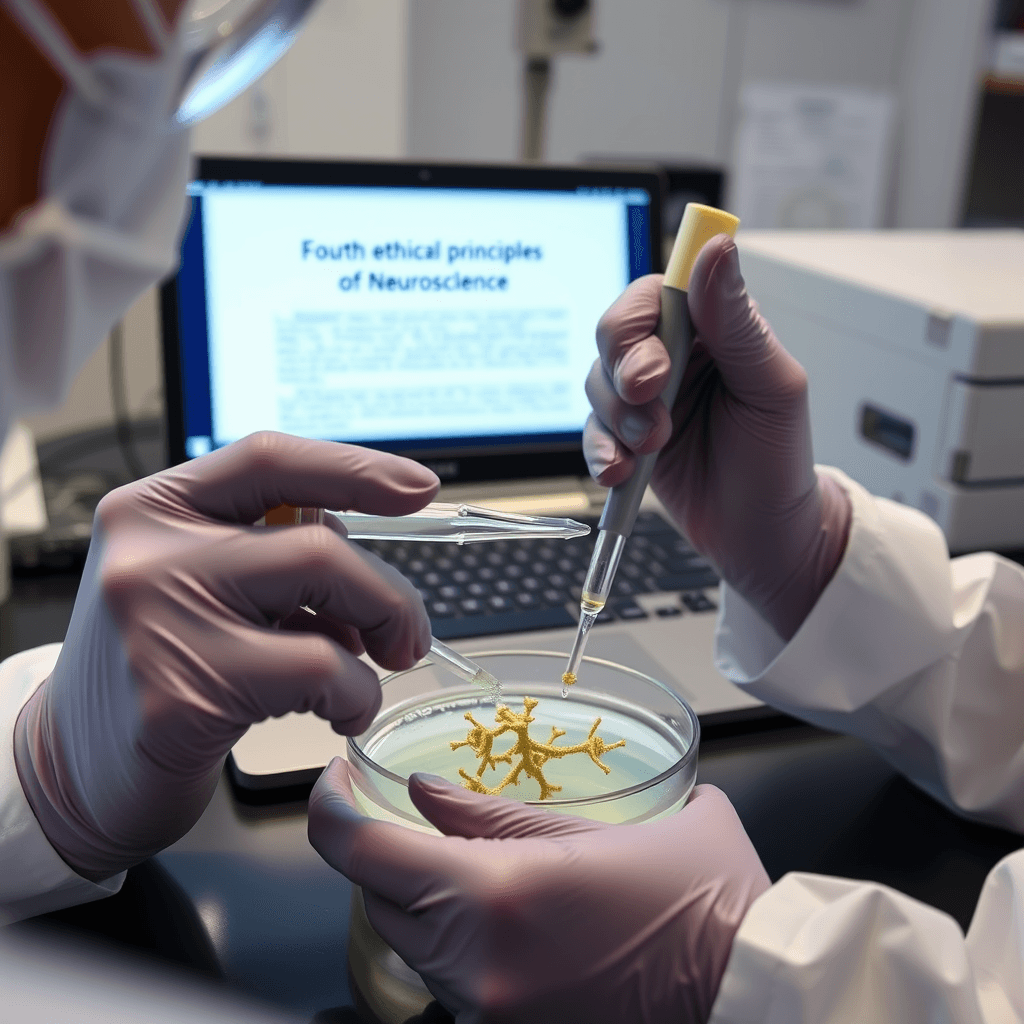Brain organoids represent a groundbreaking advancement in neuroscience, offering unprecedented insights into mental health conditions. These miniature lab-grown brain structures are revolutionizing how researchers study neurological disorders and develop targeted treatments. In this guide, we’ll explore the fascinating world of brain organoids and their impact on mental health research.
What Are Brain Organoids and How Do They Work?
Brain organoids are three-dimensional cellular structures grown in laboratories that mimic aspects of the human brain’s organization and functionality. Created from human stem cells, these lab-grown neurons self-organize into complex tissue arrangements that replicate key features of brain development. Scientists can now observe neural network formation and study various mental health conditions in real-time, providing unprecedented opportunities to understand brain development and dysfunction in ways that were previously impossible with traditional research methods.

…
What Ethical Considerations Surround Brain Organoid Research?
The development of brain organoids raises important ethical questions that researchers and bioethicists are actively addressing. Key concerns include the potential consciousness or sentience of these structures, proper consent for stem cell donation, and the implications of creating human-like neural tissues. Additionally, researchers must carefully consider the boundaries of experimentation with these models, ensuring that scientific progress balances ethical responsibilities with the potential benefits to mental health treatment development.

How Are Brain Organoids Advancing Mental Health Treatment Research?
Brain organoids are transforming mental health treatment research by providing living models of neurological conditions such as autism, schizophrenia, and depression. These mini-brains allow scientists to test new medications and therapeutic approaches in a controlled environment, potentially accelerating the development of more effective treatments. Researchers can study how different genetic variations and environmental factors influence brain development and function, leading to more personalized approaches to mental health care.
